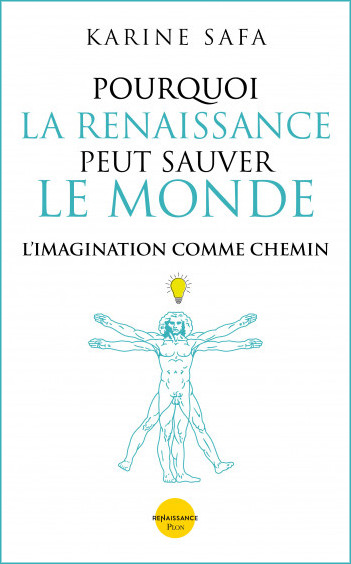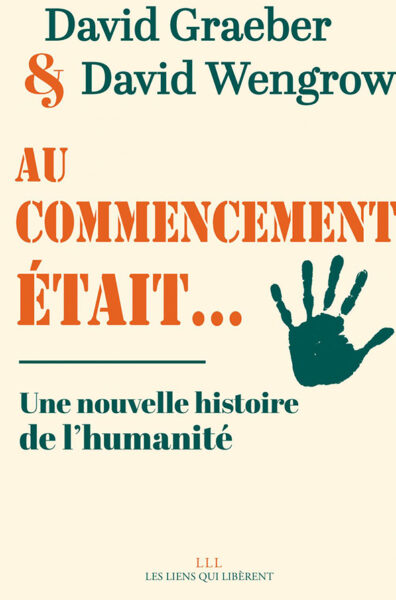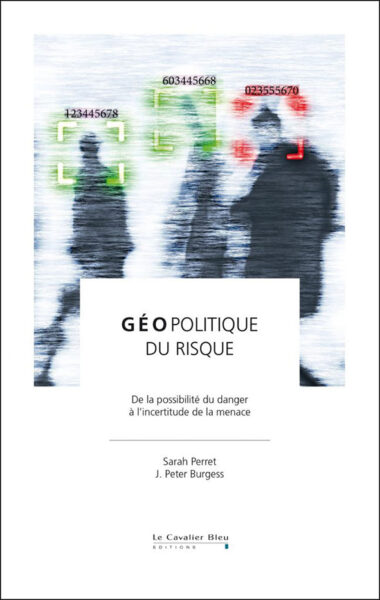When one practices, or is interested in, foresight studies, it is helpful to have a good understanding of the past and, more generally, a clear vision of the way societies have developed over a long period. It is not, however, easy to decipher the historical process and it may appear difficult to add anything whatever to what has already been written by Hegel, Marx and many others on universal history. That is, however, what a Russian orientalist, Igor Diakonoff, has attempted in a book which appeared in Russia in 1994 and was translated into English five years later as The Paths of History (Cambridge: Cambridge University Press, 1999).
Bernard Cazes has read this highly original work with great interest. Alongside an account of the atypical career of its Russian author, he presents Diakonoff’s re-reading of history here, driven as it is by the desire to establish whether certain non-material (in Marx’s sense) aspects, present in certain civilizations, were not found elsewhere. Diakonoff proposes a break-down of universal history into eight phases, the originality of this lying largely in the transition mechanism from one phase to another. This is based mainly on psycho-sociological (changes of values, for example) and technological factors (particularly in the field of armaments). Lastly, Cazes highlights the author’s comments on the finitude of our planet and his warning against the risks of extinction facing the human species in the relatively short term if nothing is done to check the course of history seen in its current, eighth, “post-capitalist” phase.
A Re-Reading of the March of History: On Igor M. Diakonoff’s The Paths of History
Cet article fait partie de la revue Futuribles n° 381, jan. 2012



